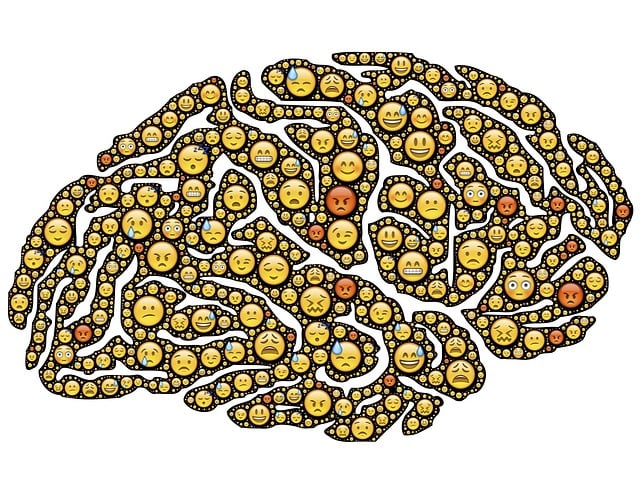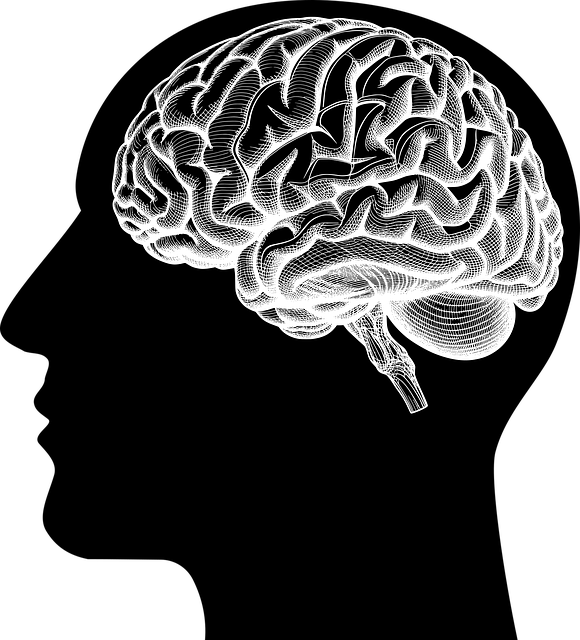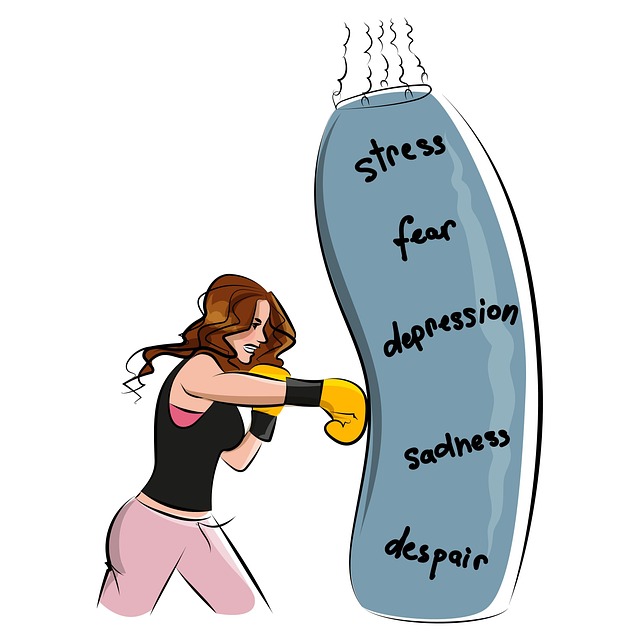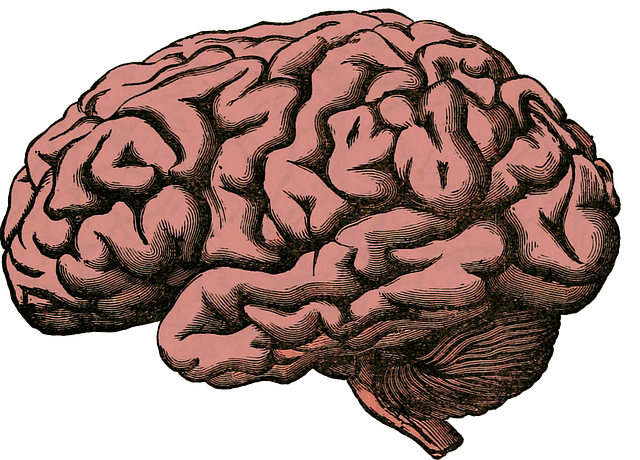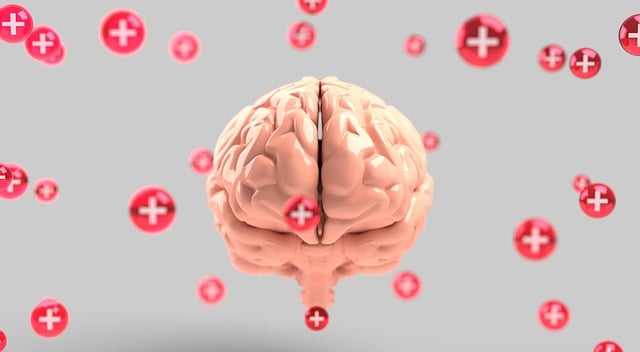Emotion regulation techniques are crucial tools for young adults managing modern life's stressors and enhancing mental well-being through improved self-control and positive thinking. Therapy for young adults offers structured sessions to foster self-awareness, explore stress causes, and adopt adaptive coping strategies tailored to individual needs. By equipping them with emotion processing skills, personalized mood management, and early warning sign recognition, therapy empowers young adults to prevent burnout and promote emotional regulation. These techniques, including deep breathing, mindfulness meditation, progressive muscle relaxation, cognitive reframing, and self-care routines, cultivate resilience and enhance emotional intelligence, leading to improved mental health, stronger relationships, and effective stress management.
Emotion regulation techniques are essential skills for young adults navigating today’s challenges. This article explores effective strategies to unlock self-control, offering valuable insights into improving emotional well-being. We delve into the role of therapy as a powerful tool for teaching stress management, providing a step-by-step guide to calming techniques. Additionally, discover long-term benefits, including enhanced resilience and a positive mindset, fostering better coping mechanisms for daily life.
- Understanding Emotion Regulation: Unlocking the Power of Self-Control for Young Adults
- The Role of Therapy in Teaching Effective Stress Management Strategies
- Practical Techniques: A Step-by-Step Guide to Calming and Enhancing Emotional Well-being
- Long-Term Benefits: Cultivating Resilience and a Healthy Mindset for Daily Life
Understanding Emotion Regulation: Unlocking the Power of Self-Control for Young Adults

Emotion regulation techniques are essential tools for young adults to navigate the complexities of modern life and manage stress effectively. Understanding self-control as a powerful asset is the first step towards personal growth and well-being. In today’s fast-paced world, where demands and expectations are ever-present, learning how to regulate emotions becomes crucial for maintaining mental health. Therapy for young adults often emphasizes emotion regulation as a cornerstone of personal development.
By mastering these techniques, individuals can unlock the potential of their minds, fostering positive thinking and enhancing communication strategies. Mind over matter principles come into play here, allowing one to consciously shift perspectives and manage emotional responses. This ability enables young adults to confront challenges head-on, make better decisions, and cultivate resilience in the face of stress. Thus, emotion regulation is not just about controlling reactions but also about empowering oneself to lead a more fulfilling life.
The Role of Therapy in Teaching Effective Stress Management Strategies

Therapy plays a pivotal role in equipping young adults with effective stress management strategies, offering them tools to navigate life’s challenges. Through structured sessions, therapy facilitates self-awareness and provides a safe space for exploring underlying causes of stress. Therapists guide individuals in identifying unhealthy coping mechanisms and replacing them with adaptive strategies tailored to their unique needs. This process often involves learning communication strategies, processing complex emotions, and developing personalized mood management techniques.
For young adults struggling with burnout prevention, therapy can be transformative. It empowers them to recognize early warning signs of stress and implement effective interventions before they escalate. By integrating evidence-based practices into daily routines, individuals gain resilience in the face of demanding situations. Ultimately, therapy becomes a catalyst for positive change, fostering better emotional regulation and enhancing overall well-being.
Practical Techniques: A Step-by-Step Guide to Calming and Enhancing Emotional Well-being

Emotion regulation techniques offer powerful tools for young adults navigating stress and seeking to enhance their emotional well-being. A practical guide can be a game-changer in managing anxiety, promoting positive thinking, and fostering resilience. Start by identifying triggers; keep a journal to track emotions and associated thoughts. Once aware of these, develop tailored strategies like deep breathing exercises or mindfulness meditation for calming moments.
For heightened stress, progressive muscle relaxation and cognitive reframing can be effective. These techniques help to physically and mentally unwind, transforming negative thought patterns into more positive perspectives. Incorporating regular self-care routines, including exercise, adequate sleep, and balanced nutrition, further supports emotional regulation. Remember, trauma support services are available for those with complex needs, offering specialized anxiety relief strategies.
Long-Term Benefits: Cultivating Resilience and a Healthy Mindset for Daily Life

Emotion regulation techniques offer long-term benefits that extend far beyond the immediate moment. By teaching young adults how to manage their emotions effectively, these strategies cultivate resilience—the ability to adapt and bounce back from life’s challenges. This enhanced emotional intelligence can significantly improve mental health and overall well-being.
Incorporating emotion regulation into daily life promotes a healthier mindset. It empowers individuals to navigate stress more effectively, reducing the impact of stressful situations. Moreover, these techniques foster empathy building strategies and compassion cultivation practices, which are crucial for maintaining strong interpersonal relationships and fostering a supportive social network—an integral aspect of risk management planning for mental health professionals.
Emotion regulation techniques offer young adults a powerful tool to navigate life’s challenges. By understanding their emotions, leveraging therapy for stress management, and adopting practical calming strategies, individuals can cultivate resilience and enhance overall emotional well-being. These skills are invaluable in today’s fast-paced world, ensuring a healthier and more balanced mindset for daily life. For those seeking support, therapy plays a pivotal role in teaching effective stress management techniques tailored to their unique needs.
